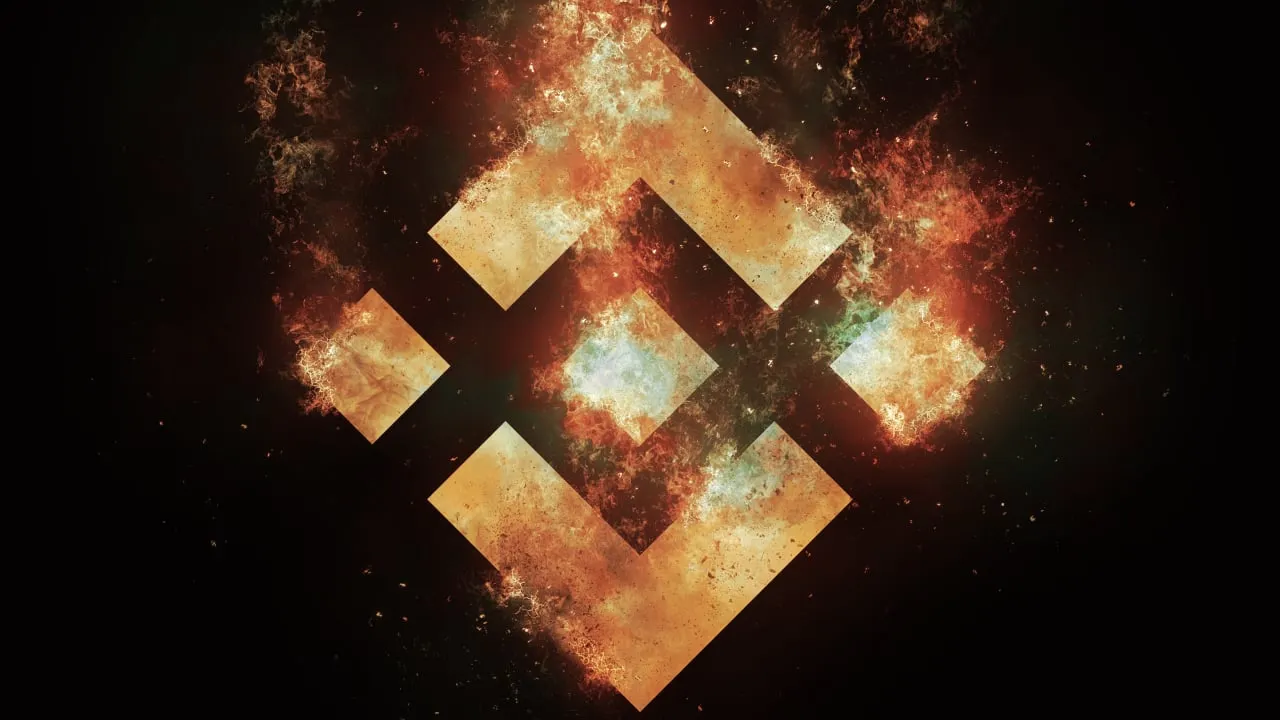Binance today completed its 21st quarterly burn of BNB tokens, effectively compensating for the losses incurred from its bridge hack last week.
BNB is the native cryptocurrency of the BNB Chain, formerly known as the Binance Smart Chain, which is a competitor to Ethereum. A “burn” is when tokens are permanently removed from a cryptocurrency’s supply, and is generally used as a measure against inflation. Today’s burn took 2,065,152.42 BNB, worth over $549 million at current prices, off the market.
By comparison, an exploit of the BNB Chain bridge last week netted the attacker exactly 2,000,000 BNB, conjured out of thin air using artificial withdrawal proofs. The net value of the stolen BNB was worth roughly $566 million at the time.
The majority of those coins were lost to the hacker when BSC chain validators froze the network following the attack. The network has since conducted a hard fork to remedy some of the damages, but the hacker still managed to move about $100 million in funds to other chains.
Though, technically, no users lost funds during the hack, minting new coins is a no-no for BNB, which is supposed to be a deflationary token. This is accomplished through quarterly BNB buybacks from Binance, as well as an on-chain feature that burns a portion of BNB transaction fees in real-time.
The quarterly burns were formerly based on Binance’s profits from BNB trades at its exchange, but have since changed to a formulaic “auto-burn” model. The formula calculates how much BNB to burn based on the number of BNB chain blocks during that quarter, and the price of BNB. In general, the higher the price of the coin at a given time, the more BNB will be burned each quarter.
Binance’s previous burn in July saw 1.96 million tokens burned, worth $444.6 million at the time.
Binance is also helping burn Luna Classic tokens (LUNC) using roughly the same approach as its previous quarterly burn model. It takes fees collected from LUNC trades and uses them to buy back the token from the market.
Binance’s periodic burns will cease taking place once the BNB supply reaches fewer than 100,000,000 tokens—less than 50% of the token’s supply from the time it first launched.

